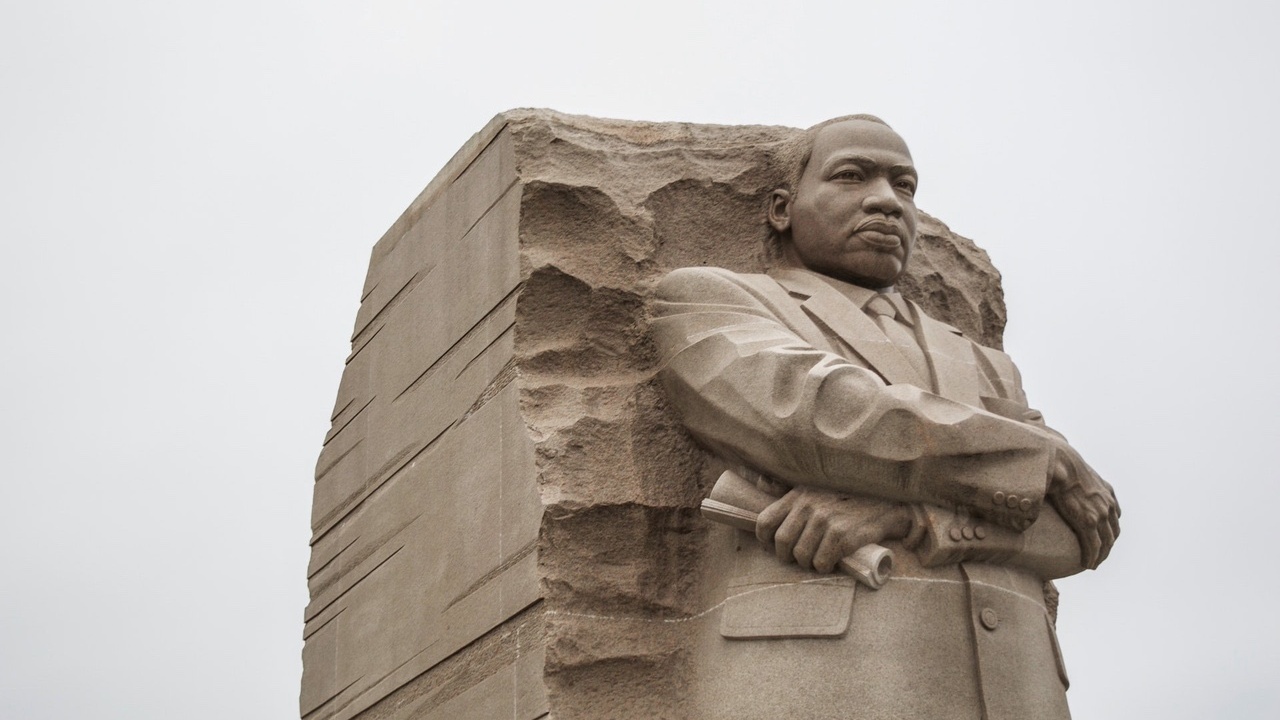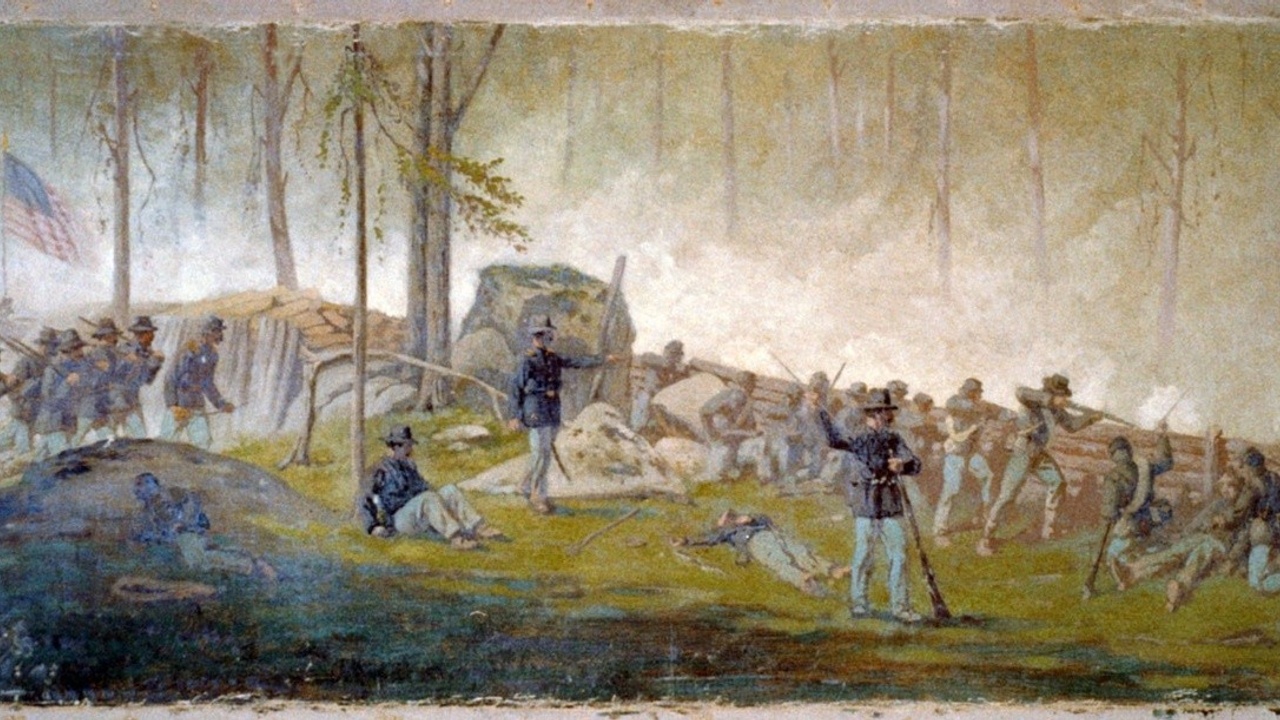
My First Black History Month
As I stare down my 46th year, I am engaging in Black History Month for the first time in my life.
To say that the last 12 months has been extraordinary, does not feel like hyperbole. Between a global pandemic, the murder of George Floyd and an unprecedented presidential election cycle, this past year has defied convention, expectation and has turned upside down my sense of normal.
There have been some unexpected wins in the midst of the chaos and difficulty. We have been forced to slow down and that has allowed more time to engage with our children about topics that are difficult to process.
And so this month, I engage Black History Month for the first time. There is a sense of deep shame as I say that out loud. How could that be true? Perhaps it is because, as a white male, I have never had to struggle. I have never had to engage in my privilege. I have never had to talk to my son about wearing a hoody or how he should act if confronted by the police. I was told from the very beginning that America was the greatest country on the planet and that if you worked hard enough, anyone had the same opportunity to succeed. I know now that was not true. Some people had it easier than others and often that came down to something as simple as the color of their skin.
On Sunday, I really connected with an article written by David French. It felt like an invitation to engage this month differently than I had ever done so. He wrote:
“So for generation after generation, many millions of fellow believers in Jesus Christ could quite keenly feel that they were still—to greater and lesser degrees—’sojourners and exiles’ in the land of their birth. They didn’t have to struggle to understand ‘in but not of.’ They lived that reality each and every day. Their cultural slippers did not fit quite like mine. And here’s the convicting reality that I’ve had to confront. If fellow believers—if fellow citizens—struggled to overcome poverty or discrimination or injustice, then perhaps I shouldn’t have felt quite so comfortable. I shouldn’t have felt quite so proud. Perhaps I should even wonder if some of my security and comfort had come at their expense.”
These ideas are what I want to engage my kids with. How do you engage fellow believers/citizens in a way that deeply hears their stories and allows that to make changes in your own heart and mind? What can we read, how can we speak differently and most importantly, how will my actions change?
Tonight, in our house, we will engage Black History Month off by reading James Baldwin’s “Notes of a Native Son.” It was published in 1955 as a memoir. In the new introduction in the 1983 re-publish, he wrote:
“When I was told, it takes time, when I was young, I was being told will take time before a Black person can be treated as a human being here, but it will happen. We will help to make it happen. We promise you. Sixty years of a man’s life is a long time to deliver on a promise, especially considering all the lives preceding and surrounding my own.”
My challenge to you is how will you engage this year? How will 2021 be different for you? Who will you listen to? What will your conversations with your children look like? What positive action will you take?
Shae McCowen
Restoration Project Grove Core




